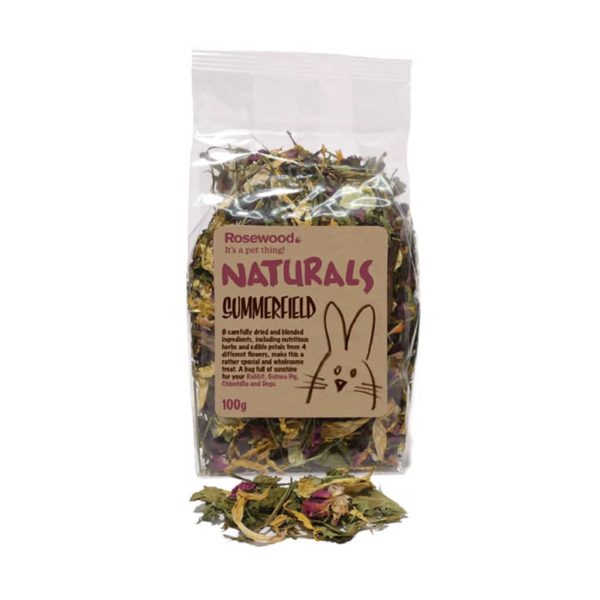
Natural Degu Food
Domesticated degus originate from Chile, where many of their wild cousins still live in elaborate burrows, so they prefer cooler, dryer conditions. They’re strictly herbivories, unlike many other rodents who like to snack on the odd worm or insect, and in the wild they feed on grasses, leaves and sometimes seeds. Degus can’t metabolise sugar and are prone to diet-related diabetes, which can very quickly cause cataracts—so it’s vital that their diet is low in carbohydrates, with no added sugars and only very sparing amounts of fruit. Their diet should also be low in fat, and plenty of fibre to aid their digestion and naturally wear their continually growing teeth.
Why Natural Degu Food is Important
A natural degu food is important to ensure your degu’s diet is as close as possible to the diet of a wild degu, with no empty calories or sugary foods that could make your degu ill. Degus haven’t been domesticated for long, so active degus have similar nutritional needs to degus in the wild.
The absence of artificial additives in natural degu food is just as important as the presence of plenty of natural, healthy ingredients. Your degu’s food should be free from all artificial flavours, fillers, colours and preservatives.
What to Feed Your Degu
It’s best to feed degus a food especially designed for them, as they have different nutritional needs to many other rodents. Commercially available degu foods do exist, usually combining grains, grasses and cereals like hay, wheat and barley with vegetables and herbs such as peas, broccoli and basil. You can also feed them a mix of guinea pig and chinchilla pellets or mix, but ensure they don’t contain molasses or dried fruit.
When choosing your natural degu food, try to find a biscuit or pellet form rather than a muesli-style mix, to prevent your degu from picking out their favourite ingredients and leaving behind vital nutrients. And don’t forget to give them a small amount of fresh food around twice a week: spinach, beetroot, radishes and dried herbs. Veg like broccoli, Brussel sprouts, cabbage, cauliflower, celery and dandelion leaves shouldn’t be given more than once a week as they can cause bloating. Sweet potato, carrots and fruits are high in sugars, so only give these occasionally and sparingly as a treat.


